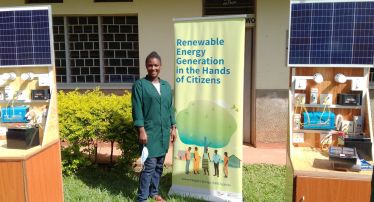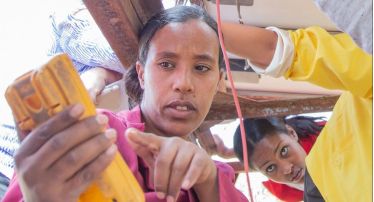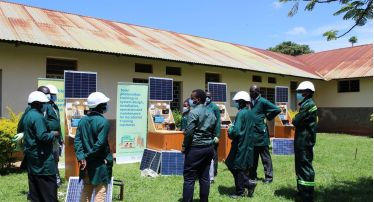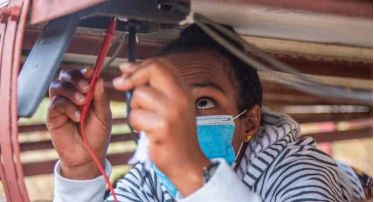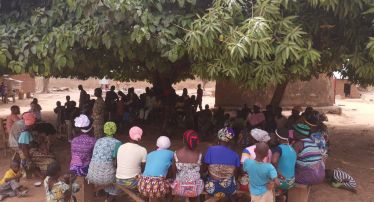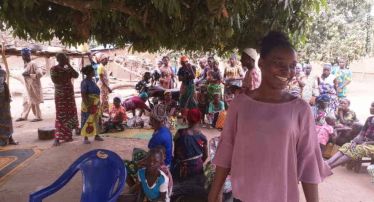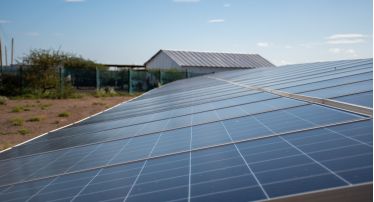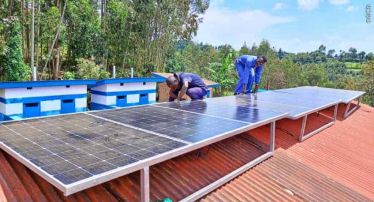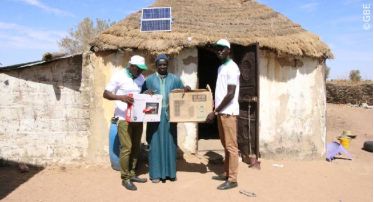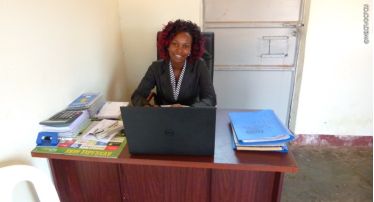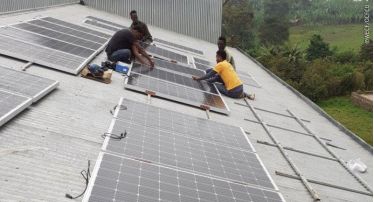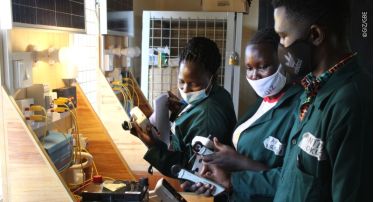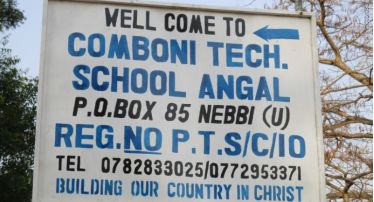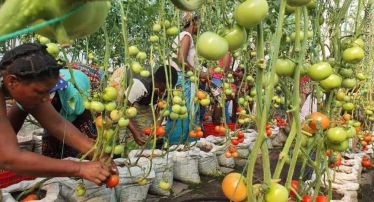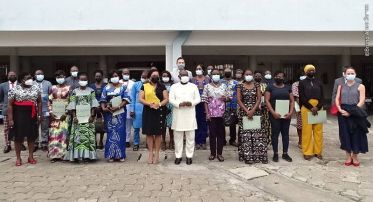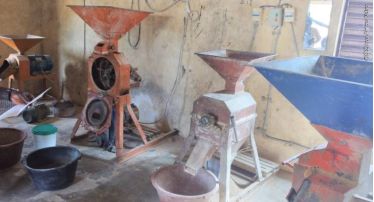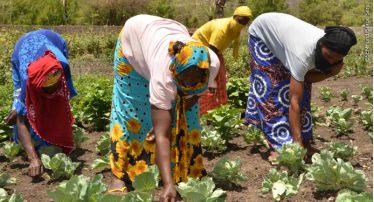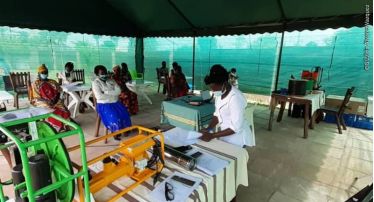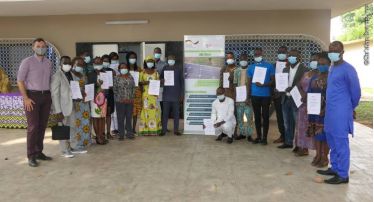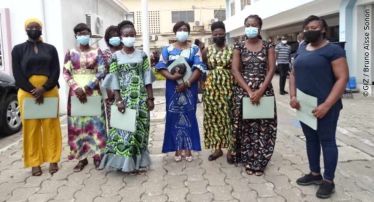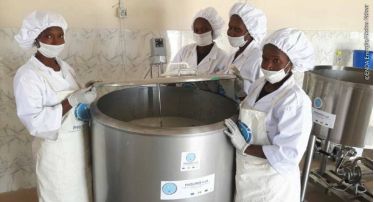Gender
Facts, challenges & objective
Energy poverty affects women and men differently. Due to socio-cultural norms and traditional male-dominated structures, women in Sub-Saharan Africa lack the skills, knowledge, decision-making power and/or financial means to access energy. A 2019 report by the International Renewable Energy Agency, or IRENA, describes how lack of access to training and skills development is the biggest challenge to women’s participation in the off-grid energy sector. Access to energy bears the potential to improve these circumstances.
Lighting, electricity or communications can result in better health and make time for women and girls to seek education and engage in income-generating activities. This can lead to better household incomes and community well-being. As the main users of energy in households, women have an advantage in being able to drive sales through local networks. Women can also build trust in renewable energy products.
Green People’s Energy for Africa is dedicated to promoting women in all training and business development activities – to promote economic and social rights and empower girls and women through education and increasing access to jobs. This also applies to technology and engineering, traditionally dominated by men.
In its technical training and business development activities in the field of renewable energy, Green People’s Energy is committed to:
- Training female technicians, professionals, and users of decentralized renewable energy
- Advancing women’s roles and improving their socio-economic position, e.g. by focusing on value chains centred around women
- Offering bespoke consulting, specific business development measures and training, so women can respond to the needs of female entrepreneurs
- Including implementing partners (e.g. training institutes) or women’s NGO’s in finding holistic approaches that respect both women and men’s needs
- Following a multi-level approach for strengthening the role of women on the micro and meso levels, e.g. supporting female entrepreneurs and their representation in the energy ministries
